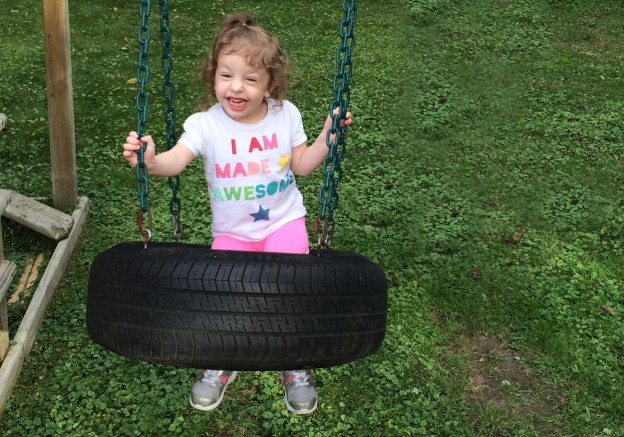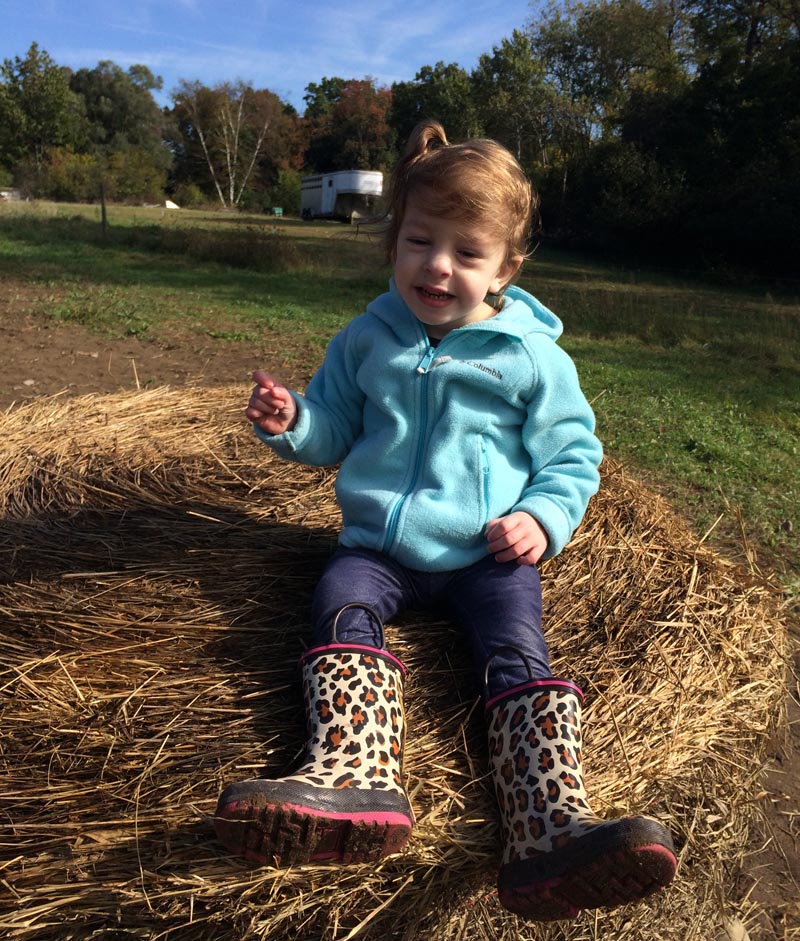
Resources  Four years later we have a beautiful daughter named Ellah (read our story here). During these years we have learned so much and we are thankful for the parents of children with ACC that we have met that have given us important information and support.
Today I would like to pay it forward and share what I learned with other parents of children with ACC. In this post I will share 15 ACC Resources. I hope you will find it helpful.
Four years later we have a beautiful daughter named Ellah (read our story here). During these years we have learned so much and we are thankful for the parents of children with ACC that we have met that have given us important information and support.
Today I would like to pay it forward and share what I learned with other parents of children with ACC. In this post I will share 15 ACC Resources. I hope you will find it helpful.
What you need to Know About Agenesis of the Corpus Callosum
When my wife Sarah was 20 weeks pregnant, we had a routine ultrasound and the doctor told us that it appeared the baby had Agenesis of the Corpus Callosum (ACC). The Corpus Callosum is the main bridge of nerves in the brain that connect the right and left sides of the brain. Agenesis means it didn’t develop. We were told not to search Google as there was not a lot of helpful resources online and instead all we were going to see was a number of horror stories. Sure enough that's what we saw. There was nothing online that we knew of that could provide us with information about ACC, nor was there any support that we could lean on in our time of need.Meet Ellah
 Four years later we have a beautiful daughter named Ellah (read our story here). During these years we have learned so much and we are thankful for the parents of children with ACC that we have met that have given us important information and support.
Today I would like to pay it forward and share what I learned with other parents of children with ACC. In this post I will share 15 ACC Resources. I hope you will find it helpful.
Four years later we have a beautiful daughter named Ellah (read our story here). During these years we have learned so much and we are thankful for the parents of children with ACC that we have met that have given us important information and support.
Today I would like to pay it forward and share what I learned with other parents of children with ACC. In this post I will share 15 ACC Resources. I hope you will find it helpful.


